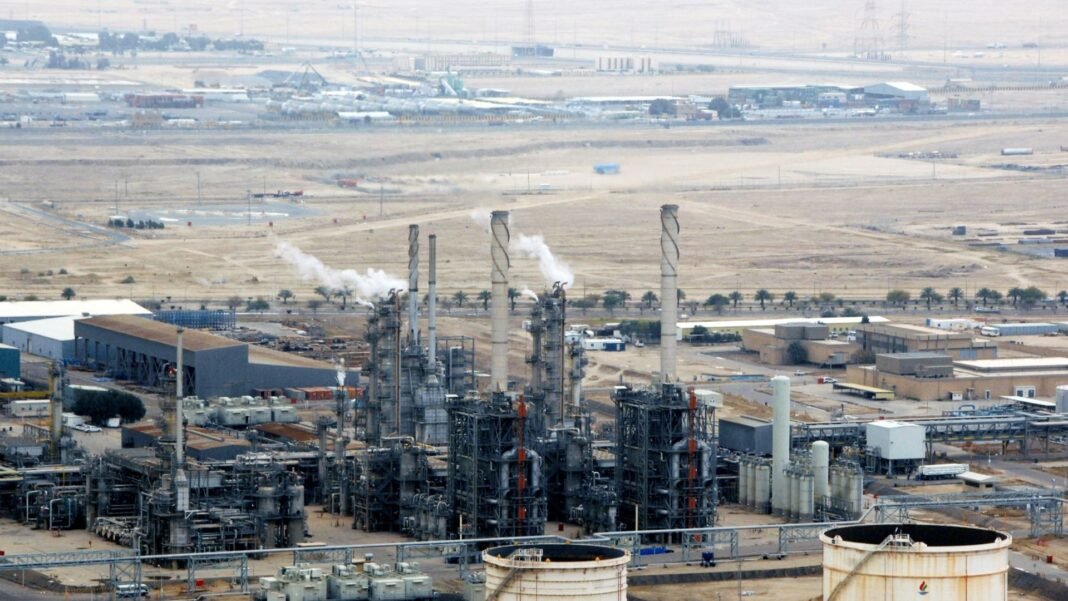Kuwait continues to rely heavily on oil dependence, according to the latest IMF assessment. The International Monetary Fund (IMF) analyzed the country’s economic and financial performance and highlighted critical trends.
Kuwait achieved real economic growth of 1 percent in the first quarter, driven by stronger activity in the non-oil sector. Despite this, oil dependence remains the main growth engine. OPEC+ production adjustments also supported overall expansion, projected at around 2.6 percent this year.
The IMF emphasized that Kuwait has implemented limited financial reforms. Authorities introduced a 15 percent tax on multinational corporations and adopted a public debt law. Analysts warned that mismanaging debt could create economic problems, since borrowing finances 70 percent of the budget deficit, and the remainder comes from the general reserve.
Oil dependence exposes Kuwait to fluctuations in global oil markets. Analysts expect the general budget deficit to rise from about 2.2 percent of GDP to 7.8 percent, while the current account surplus may fall from 29.1 percent to 26.5 percent. This situation highlights the urgent need for policies that diversify income, improve competitiveness, and strengthen the non-oil sector.
Al-Shall Financial Consulting noted that Kuwait’s financial sector remains stable. Banks expect credit growth of 6.1 percent, maintain low non-performing loans, and hold high coverage ratios. However, global economic trends, geopolitical tensions, and OPEC+ production decisions still create risks for the broader economy.
The IMF report highlighted that the non-oil sector shows growth potential, but oil dependence still dominates overall economic performance. Experts argue that Kuwait needs a comprehensive plan to reduce this reliance and develop a balanced economic structure.
Additionally, Kuwait must invest in initiatives that promote private sector growth and innovation. Expanding non-oil activities allows the country to reduce the risks tied to oil market volatility. Policymakers must balance fiscal stability, debt management, and diversification to ensure long-term growth.
In conclusion, oil dependence remains the defining factor of Kuwait’s economy. While non-oil sector growth shows promise, authorities face a critical challenge: they must reduce reliance on oil and create a resilient economic framework.





